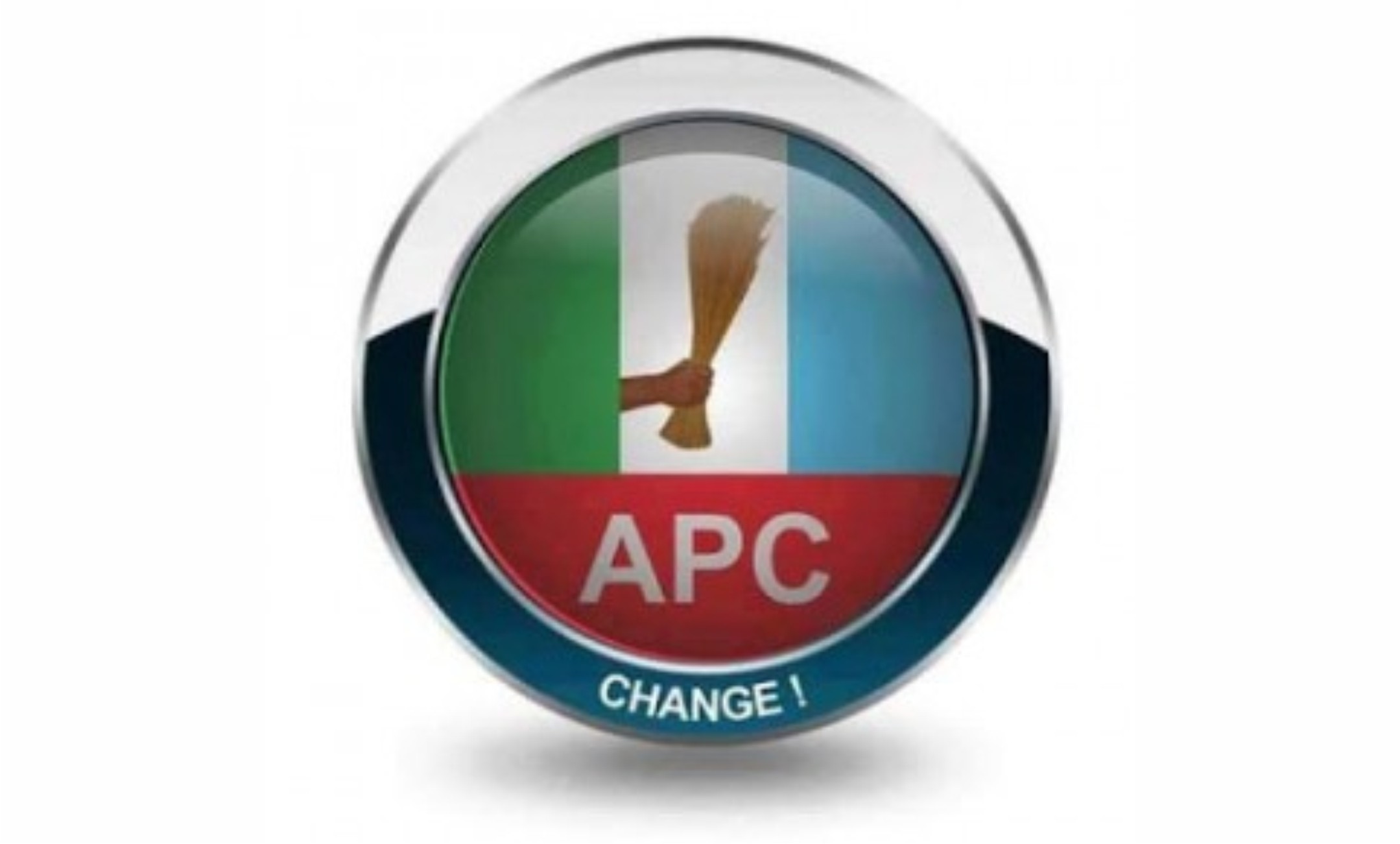Oil & Energy
Minister Urges Marketers To Suspend Strike …As Fuel Scarcity Persists In Abuja
The Minister of Petroleum Resources, Mrs Diezani
Alison-Madueke, in Abuja last Thursday appealed to oil marketers to shelve
their strike and allow Nigerians celebrate the Eid-el-Fitr.
The minister, who noted the queues at the filling stations
in the Federal Capital Territory, Abuja, pleaded with the tanker drivers to
resume transportation of the product to Abuja, saying that the Federal
Government is taking necessary steps to address their grievances.
She assured the tanker drivers that the Ministry of Finance
would ensure that the situation was addressed and marketers paid their genuine
claims.
“ It’s with a great deal of concern that the Ministry of
Petroleum Resources has noticed the increasing queues at our filling stations,
particularly in Abuja.
“It is also very clear that the Ministry of Finance is
working very hard at this time to address the situation at hand and I will like
to appeal particularly to the marketers to please cooperate with the Federal
Government, particularly as we go into Eid-el-Fitr,’’ she said.
She, however, stressed that the hitch had nothing to do with
the non-availability of the product as the Nigerian National Petroleum
Corporation (NNPC) and the Pipelines and Product Marketing Company (PPMC) had
40 days strategic reserve.
“ I want to assure Nigerians that the NNPC and the PPMC have
no scarcity of products and that in fact we have 40 to 45 days stock in our
reserves at this time,” she noted.
The Tide reports that fuel scarcity had worsened in spite of
the minister’s assurances as the queues at most filling stations have become
longer.
The only few stations were dispensing petroleum products
while others claimed they had run out of stock while most of the adjoining
roads to the filling stations in Wuse, Central Area and Garki were blocked as a
result of the queues while the operators of the black market had a field day.
Transport fares have also risen.
Oil & Energy
FG Explains Sulphur Content Review In Diesel Production
The Federal Government has offered explanation with regard to recent changes to fuel sulphur content standards for diesel.
The Government said the change was part of a regional harmonisation effort, not a relaxation of regulations for local refineries.
The Chief Executive, Nigerian Midstream and Downstream Petroleum Regulatory Authority (NMDPRA), Farouk Ahmed, told newsmen that the move was only adhering to a 2020 decision by the Economic Community of West African States (ECOWAS) which mandated a gradual shift to cleaner fuels across the region.
Ahmed said the new limits comply with the decision by ECOWAS that mandated stricter fuel specifications, with enforcement starting in January 2021 for non-ECOWAS imports and January 2025 for ECOWAS refineries.
“We are merely implementing the ECOWAS decision adopted in 2020. So, a local refinery with a 650 ppm sulphur in its product is permissible and safe under the ECOWAS rule until January next year where a uniform standard would apply to both the locally refined and imported products outside West Africa”, Ahmed said.
He said importers were notified of the progressive reduction in allowable sulphur content, reaching 200 ppm this month from 300 ppm in February, well before the giant Dangote refinery began supplying diesel.
Recall that an S&P Global report, last week, noted a significant shift in the West African fuel market after Nigeria altered its maximum diesel sulphur content from 200 parts per million (ppm) to around 650 ppm, sparking concerns it might be lowering its standards to accommodate domestically produced diesel which exceeds the 200 ppm cap.
High sulphur content in fuels can damage engines and contribute to air pollution. Nevertheless, the ECOWAS rule currently allows locally produced fuel to have a higher sulphur content until January 2025.
At that point, a uniform standard of below 5 ppm will apply to both domestic refining and imports from outside West Africa.
Importers were previously permitted to bring in diesel with a sulphur content between 1,500 ppm and 3,000 ppm.
It would be noted that the shift to cleaner fuels aligns with global environmental efforts and ensures a level playing field for regional refiners.
Oil & Energy
PHED Implements April 2024 Supplementary Order To MYTO
The Port Harcourt Electricity Distribution (PHED) plc says it has commenced implementation of the April 2024 Supplementary Order to the MYTO in its franchise area while assuring customers of improved service delivery.
The Supplementary order, which took effect on April 3, 2024, emphasizes provisions of the MYTO applicable to customers on the Band A segment taking into consideration other favorable obligations by the service provider to Band A customers.
The Head, Corporate Communications of the company, Olubukola Ilvebare, revealed that under the new tariff regime, customers on Band A Feeders who typically receive a minimum supply of power for 20hours per day, would now be obliged to pay N225/kwh.
“According to the Order, this new tariff is modeled to cushion the effects of recent shifts in key economic indices such as inflation rates, foreign exchange rates, gas prices, as well as enable improved delivery of other responsibilities across the value chain which impact operational efficiencies and ability to reliably supply power to esteemed customers.
“PHED assures Band A customers of full compliance with the objectives of the new tariff order”, he stated.
Ilvebare also said the management team was committed to delivering of optimal and quality services in this cost reflective dispensation.
The PHED further informed its esteemed customers on the other service Bands of B, C D & E, that their tariff remains unchanged, adding that the recently implemented supplementary order was only APPLICABLE to customers on Band A Feeders.
Oil & Energy
PH Refinery: NNPCL Signs Agreement For 100,000bpd-Capacity Facility Construction

The Nigerian National Petroleum Company Ltd (NNPCL) has announced the signing of an agreement with African Refinery for a share subscription agreement with Port-Harcourt Refinery.
The agreement would see the co-location of a 100,000bpd refinery within the Port-Harcourt Refinery complex.
This was disclosed in a press statement on the company’s official X handle detailing the nitty-gritty of the deal.
According to the NNPCL, the new refinery, when operational, would produce PMS, AGO, ATK, LPG for both the local and international markets.
It stated, “NNPC Limited’s moves to boost local refining capacity witnessed a boost today with the signing of share subscription agreement between NNPC Limited and African Refinery Port Harcourt Limited for the co-location of a 100,000bpd capacity refinery within the PHRC complex.
“The signing of the agreement is a significant step towards setting in motion the process of building a new refinery which, when fully operational, will supply PMS, AGO, ATK, LPG, and other petroleum products to the local and international markets and provide employment opportunities for Nigerians.
By: Lady Godknows Ogbulu
-
News4 days ago
German Police Arrest 11 Nigerians For Dating Scam
-
Opinion4 days ago
Let The Poor Breathe
-

 Nation23 hours ago
Nation23 hours agoSDP National Chairman Lauds FG’s Efforts To Tackle Insecurity
-

 Breaking News21 hours ago
Breaking News21 hours agoTanker Inferno: We’re Saddened By Extent Of Carnage -Fubara
-

 Politics19 hours ago
Politics19 hours agoAPC Calls For Oyo LG Poll Cancellation
-

 News4 days ago
News4 days agoCourt Vacates Arrest Warrant Against Ehie, Five Others
-
Nation4 days ago
Monarch Hails Fubara Over Road Project
-

 Rivers23 hours ago
Rivers23 hours agoPolice Arrest Vigilante Commander, Others Over Robbery In Rivers

